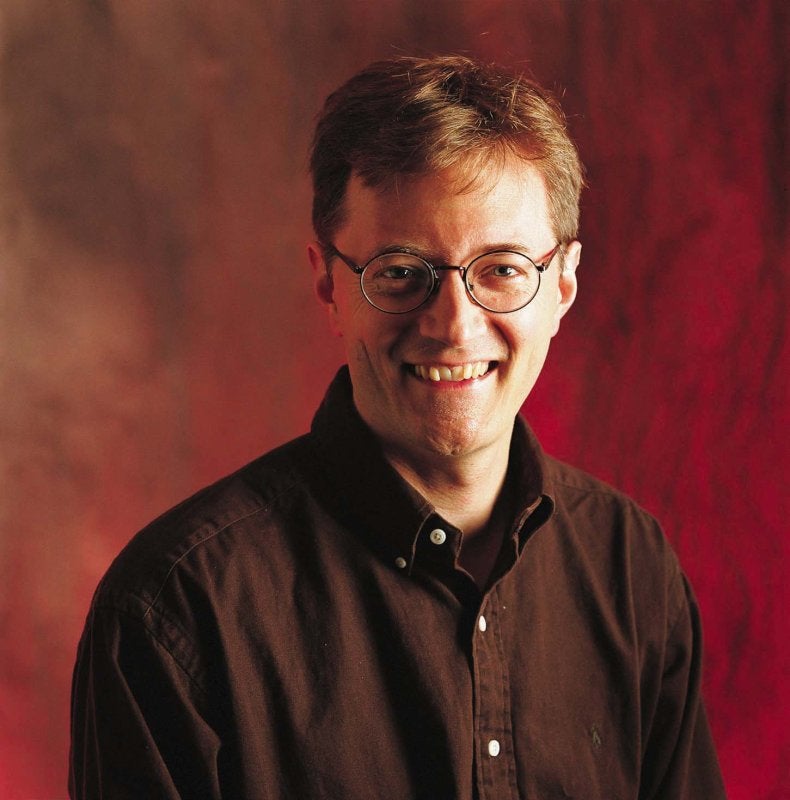
Michael Tiemann is a true open source software pioneer. He made his first major open source contribution more than three decades ago by writing the GNU C++ compiler, the first native-code C++ compiler and debugger. His early work led to the creation of leading open source technologies and the first open source business model.
In 1989, Tiemann's technical expertise and entrepreneurial spirit led him to co-found Cygnus Solutions, the first company to provide commercial support for open source software. During his ten years at Cygnus, Tiemann contributed in a number of roles from President to hacker, helping lead the company from fledgling start-up to an admired open source leader. When Cygnus was acquired by Red Hat in 2000, Tiemann became Red Hat's Chief Technical Officer (CTO) before becoming its first Vice President of Open Source Affairs. In that role Tiemann provides technology, strategy, and policy advice to executives in the public and private sectors.
Tiemann graduated from the Moore School at the University of Pennsylvania (Class of 1986) with a BS CSE degree, and later did research at INRIA (1988) and Stanford University (1988-1989).
Tiemann has served on a number of boards that have been instrumental in establishing Open Source as a leading development and commercial practice in the software industry. He joined the board of the Open Source Initiative in 2001 and served as its President from 2005-2012. Tiemann was also a founding board member of the Embedded Linux Consortium, the Eclipse Foundation, and an advisor to the GNOME Foundation. Tiemann provides financial support to organizations that further the goals of software and programmer freedom, including the Free Software Foundation and the Electronic Frontier Foundation.
He was also a Trustee of the University of North Carolina School of the Arts and a founding member of the Board of Advisors for the Center for Environmental Farming Systems (2006-present). Tiemann has also remained active in the Creative Commons community, as both a sponsor of projects and promoter of the cause.

Authored Comments
Vivek was a great champion for government transparency and for helping to lower the barriers to citizen participation in government. When he first announced his ambitious goals, his critics scoffed that he would fail like so many past government IT projects before him. But Vivek learned from past mistakes, embraced open source software and The Open Source Way, and succeeded far beyond anybody's initial estimates. It was a real shame to see those in Congress who are most vociferous about accountability and efficiency literally cut the legs out from under the one person who was in the best position to deliver accountability and efficiency scorecards in real time. Such hypocrisy tends to make one cynical about Washington, which tends to lead the best and the brightest away from public service. I wish Vivek the best, and hope that his successor can find a way to continue the challenge of making our government more transparent, accountable and efficient, using the most transparent, accountable, and efficient software yet known: open source.
Rob,
I think that video has in many ways become the calling card of the 21st century. Don't get me wrong, a video production like LOST is more than a mere calling card, just as Shakespeare's writings would never be confused with a 20th century calling card merely because both were written on paper. But videos of music, dance, sculpture, cities, businesses, etc., put their subjects into play. I think it makes perfect sense to use the most powerful media available to expand and sustain communities. There are reasons why one may choose to not employ video for this specific purpose, but the complexities of copyright should certainly not be such a reason!